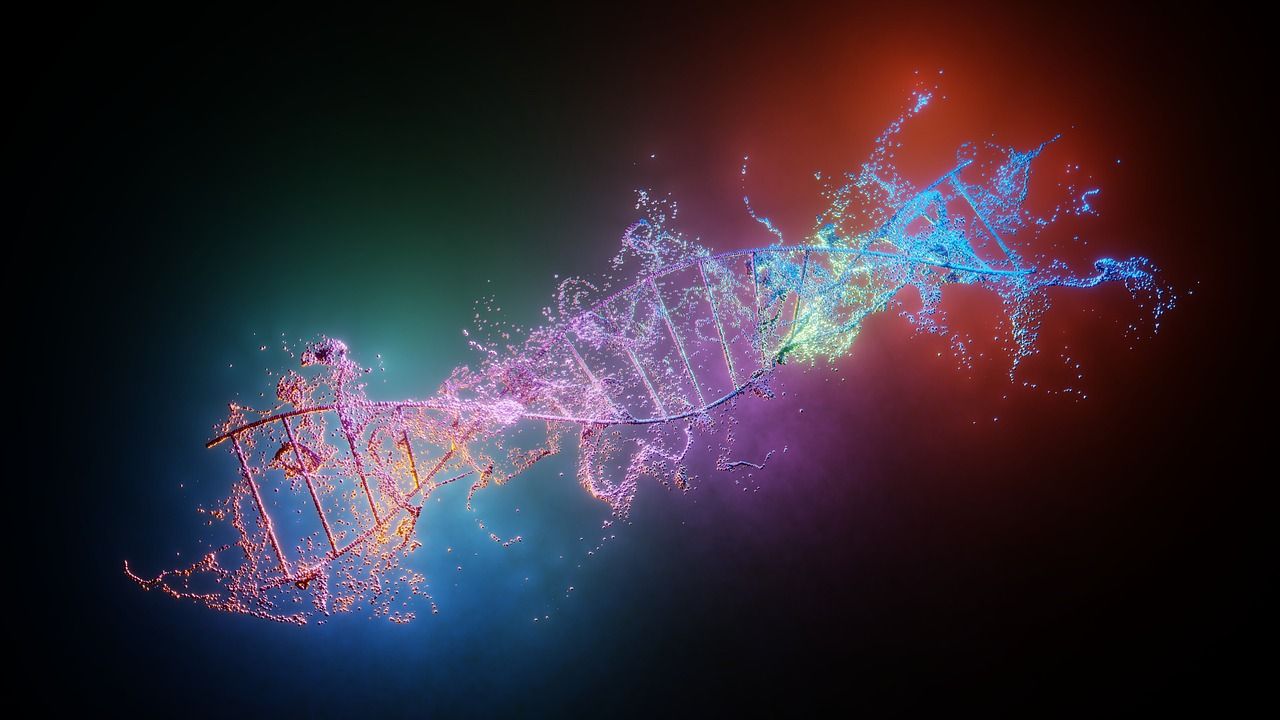Follow us on Google News (click on ☆)
Their study, published in the journal Nature, demonstrates that cancer can develop without the need for a genetic mutation. This fundamental reevaluation opens new therapeutic pathways and highlights the importance of epigenetics in the onset of this devastating disease.

Illustrative image from Pixabay
Until now, the scientific community considered genetic mutations as key elements in the development of cancer. However, recent studies suggest that epigenetic alterations, which regulate gene expression without changing their sequence, could play a crucial role. Epigenetics, the collection of mechanisms that modulate gene activity, explains why individuals with identical genomes can develop very different cells, such as neurons or skin cells.
The study focused on fruit flies, organisms often used in genetics. By inducing an epigenetic imbalance in these insects and then restoring the cells to their normal state, researchers observed that part of the genome remained dysfunctional, initiating a persistent tumoral state. This phenomenon, maintained autonomously, demonstrates that genetic mutations are not indispensable for the emergence of cancer.
This discovery also sheds light on the potential role of environmental factors, such as chemical pollutants, in cancer development. Substances like bisphenol A, PFAS found in plastics, or arsenic can disrupt epigenetic mechanisms and promote tumor occurrence.
By better understanding the epigenetic mechanisms underlying cancer formation, researchers hope to open new therapeutic pathways. Specifically targeting these processes could allow for more effective prevention or treatment of cancer by acting directly on its origin.
This study challenges the long-established dogmas that placed genetic mutations as the principal cause of cancer. It underscores the ongoing importance of research in the field of epigenetics and its implications for understanding and treating this complex disease.